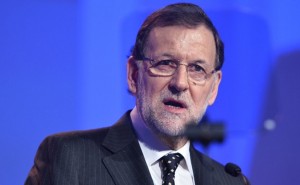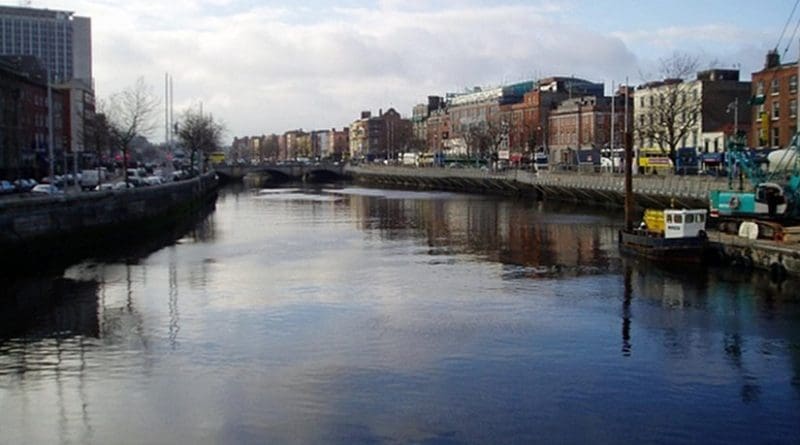Spain ‘Not Worried’ About United Ireland Joining EU
By EurActiv
By Catherine Stupp
(EurActiv) — Spain will not raise any objections to a statement at the European Council summit today (29 April) recognising that a united Ireland would be an EU member state, according to an EU diplomatic source with knowledge of Spain’s position in the Brexit negotiations.
The diplomat said Ireland’s case is “the opposite” of Catalonia’s bid to gain independence from Spain.
Irish Taoiseach Enda Kenny has succeeded to have a short reference inserted into the minutes of tomorrow’s summit acknowledging that a united Ireland would rejoin the EU.
“Nobody has any difficulty” with that, the diplomat said.
Ireland is a top priority in the negotiations.
The 27 EU leaders—all except UK Prime Minister Theresa May—will rubber stamp their guidelines tomorrow for the Brexit negotiations, which are expected to start in June. European Council President Donald Tusk wrote today in a letter to the 27 leaders that “people, money and Ireland must come first” in the divorce talks.
Spain’s acceptance of an easy EU accession process for a united Ireland marks a different stance compared to its opposition to an independent Scotland joining the bloc.

Prime Minister Mariano Rajoy has previously said that Spain would block Scotland’s EU membership if it becomes independent from the UK. His government fears a Scottish referendum. Easy re-entry to the EU would give ammunition to Catalonian politicians who have promised to hold their own independence referendum by September. Rajoy insists the referendum would be illegal and Catalonian leaders will not hold it.
But Spanish Foreign Minister Alfonso Dastis recently signalled a different position, saying that Spain would “in principle” not veto an independent Scotland’s bid to become an EU member.
Under the 1998 Good Friday Agreement, Northern Ireland could vote on uniting with the Republic of Ireland. But polls since the Brexit referendum last June suggest that most people in Northern Ireland would not vote in favour.
Kenny has drawn on a comparison to the former East Germany to argue that a unified Ireland should have immediate EU membership. East Germany quickly became part of the EU after German reunification in 1990.
The comparison appears to have convinced other EU diplomats.
“It would be like being concerned about German reunification,” the diplomat said of Catalonia.
The “parallel is zero” with Catalonia because of “history, arrangements and political reality”, according to the diplomat. The UK’s acceptance of a possible referendum on Northern Irish independence—both the Republic of Ireland and the UK signed the Good Friday Agreement—marks another difference from what Spain considers an illegal vote in Catalonia.
“What is clear is that the point of departure is not only different but the opposite,” the source said.
The diplomat pointed to Ireland’s citizenship arrangement with Northern Ireland as further proof that Catalonia does not have a similar claim to break off from Spain and join the EU. Ireland offers citizenship to anyone born on the island of Ireland and people born in Northern Ireland can hold UK and Irish dual citizenship.
Spain secured a victory when the European Council’s draft guidelines for the Brexit negotiations that were made public last month specified that Spain must agree to any final deal affecting Gibraltar.
Spain and the UK both claim Gibraltar as their territory. The reference to the island in the guidelines has caused uproar in Britain.

